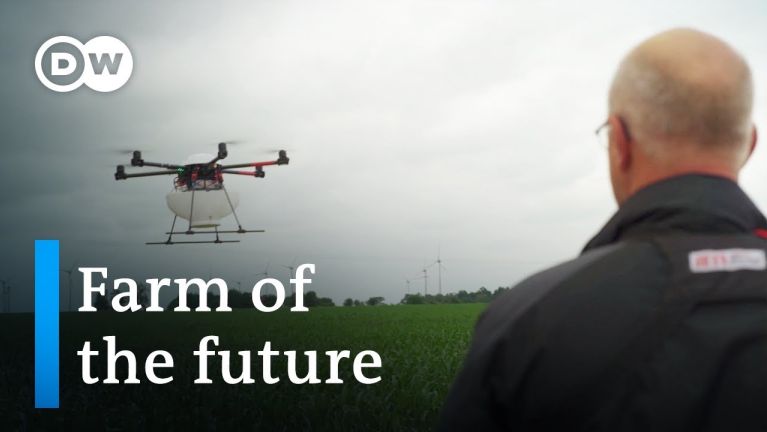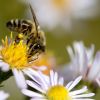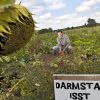Welcome to digital farming
Cornelia Weltzien, a leading expert on digital farming, explains how digitalization is changing agriculture.
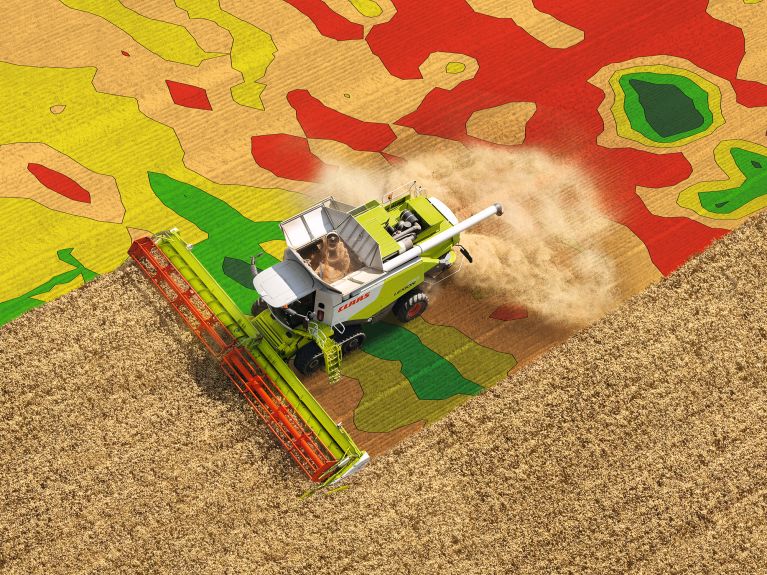
Professor Weltzien, digitalization is now affecting agriculture. What is technically possible today?
If we take the example of autonomous or assisted driving from the automotive industry, then we’re already more advanced in agriculture. We’re in a position to operate driverless farm machinery, but it’s not allowed yet. Nevertheless, GPS-guided tractors are already creating considerable savings due to their precision. In addition to this, sensors on tractors can now identify soil differences for precision farming. The use of drones is relatively new. Soil characterization from the air still needs much improvement, but the aerial assessment of crops already functions well.
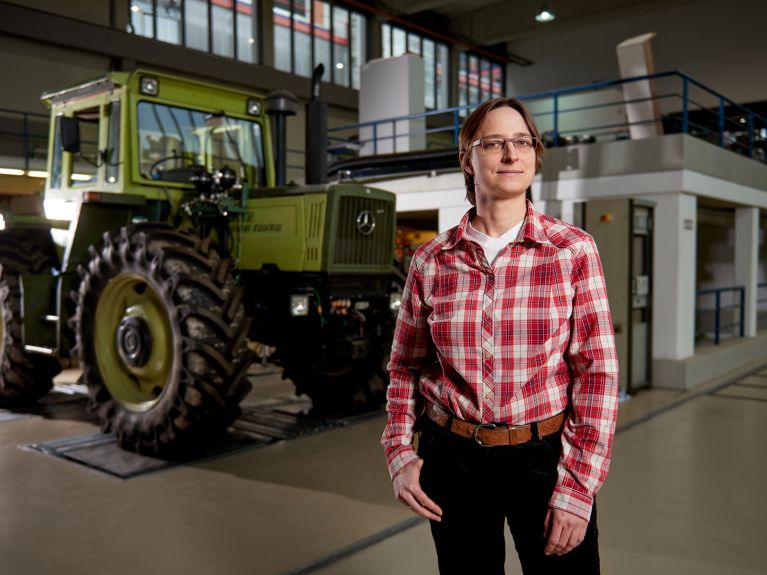
So today’s farmers need to be IT specialists as well?
That’s a key issue. We have the technologies, but they haven’t caught on yet on a large scale. I’m hoping that things will change soon, because machinery will become increasingly easy to operate. Nowadays, the data is processed by the machines and the computers in such a way that the farmer just has to decide, what exactly he or she wants to do.
Dieses YouTube-Video kann in einem neuen Tab abgespielt werden
YouTube öffnenThird party content
We use YouTube to embed content that may collect data about your activity. Please review the details and accept the service to see this content.
Open consent formHow many farmers are already using these technical aids?
There are no exact figures. But I reckon that GPS steering systems and yield mapping for combine harvesters are already being used by well over 50 per cent of farmers. On the other hand, the application of precision farming technologies is most likely still lower than 10 per cent.
Organic farmers want to work efficiently as well.
Are organic farmers benefitting from these developments as well?
Organic farmers want to work efficiently as well, and about 80 per cent of their processes are mechanized, although some tasks can’t be performed by machines. But because authorization is no longer being extended for many chemical plant protection products, and far fewer licenses are being issued for new ones, organic and conventional farming methods are gradually starting to converge.
Professor Cornelia Weltzien is head of Technology in Precision Farming at the Institute for Agricultural Engineering and Bioeconomy in Potsdam and Professor of Agromechatronics at the TU Berlin. She is a nationally and internationally recognized leading researcher in the field of digital farming.
Interview: Martin Orth
You would like to receive regular information about Germany? Subscribe here:
